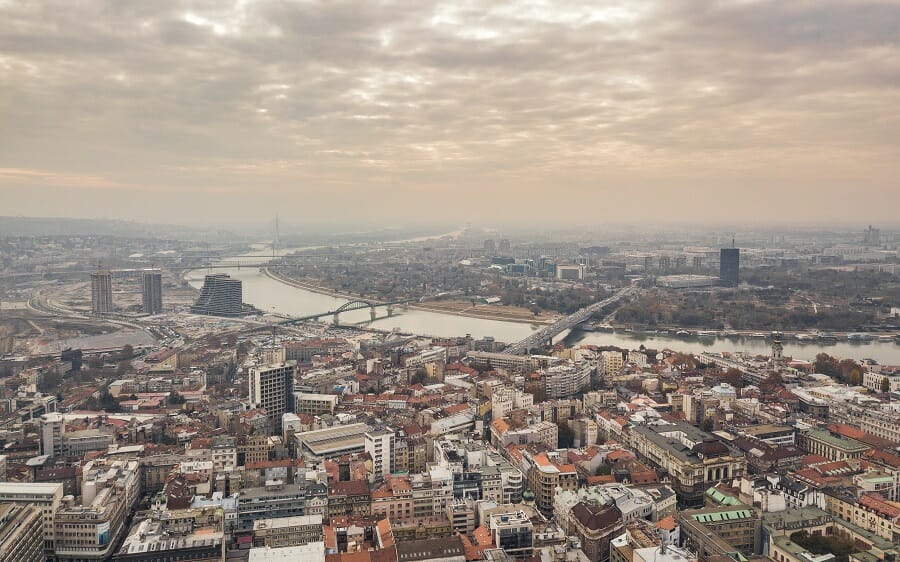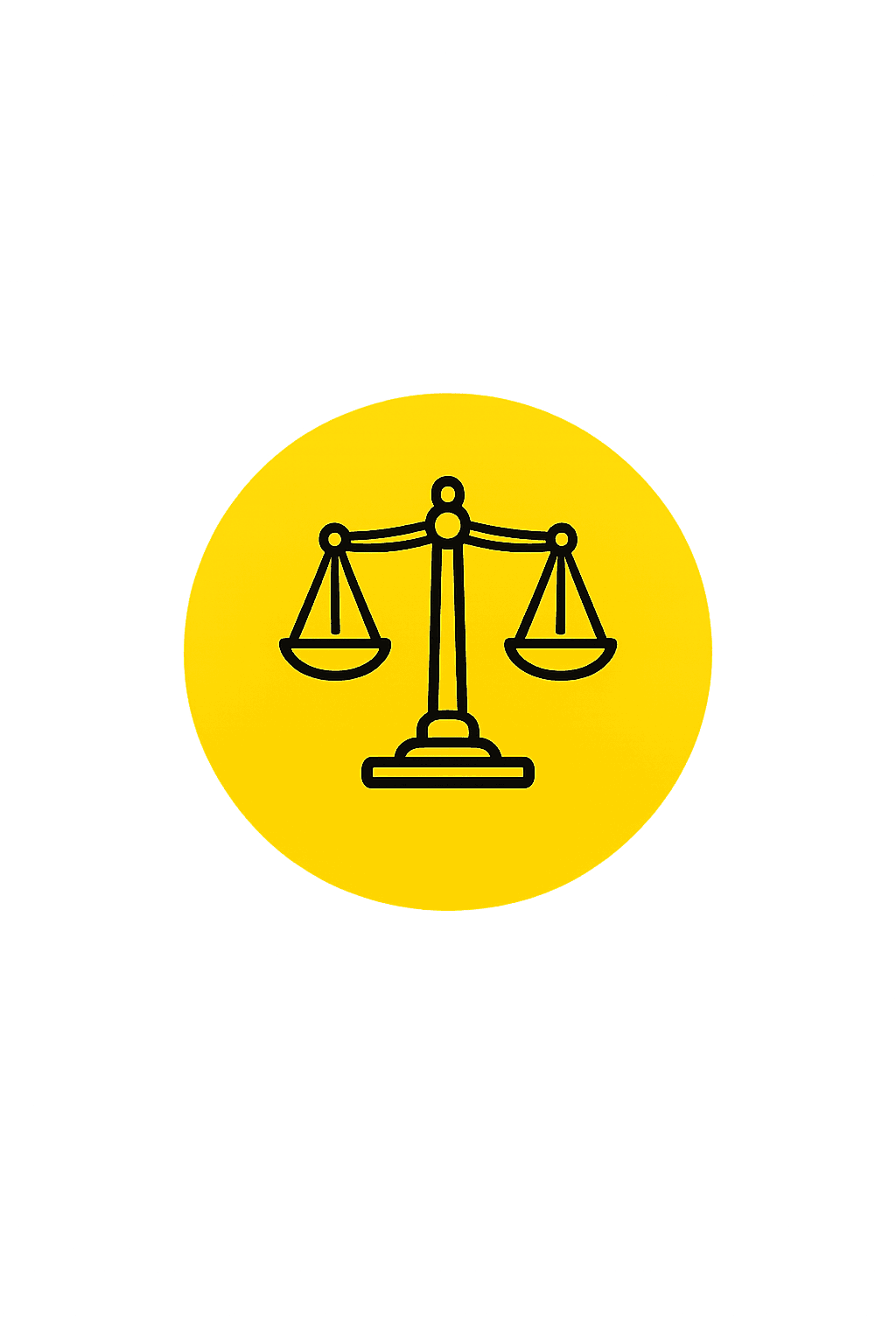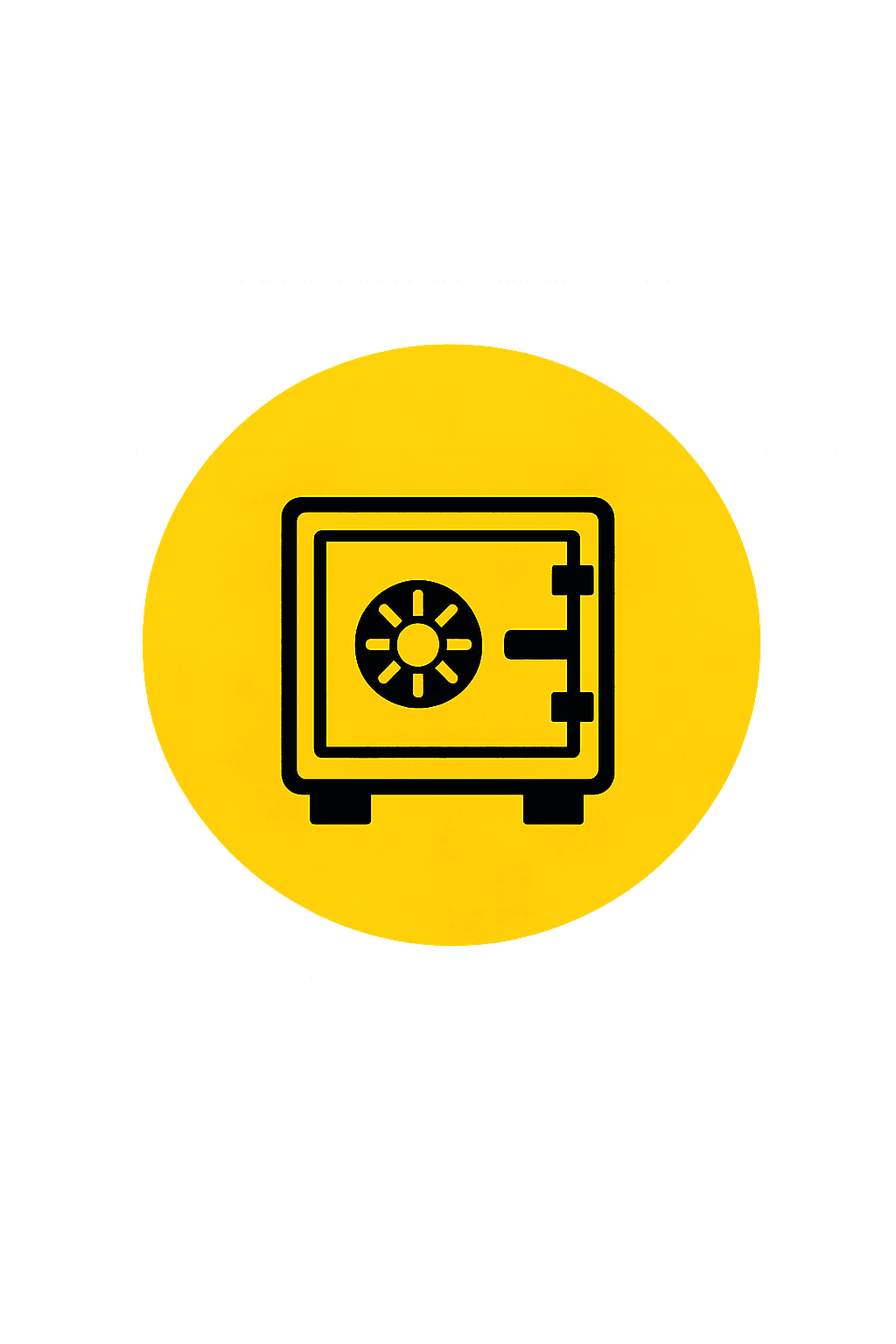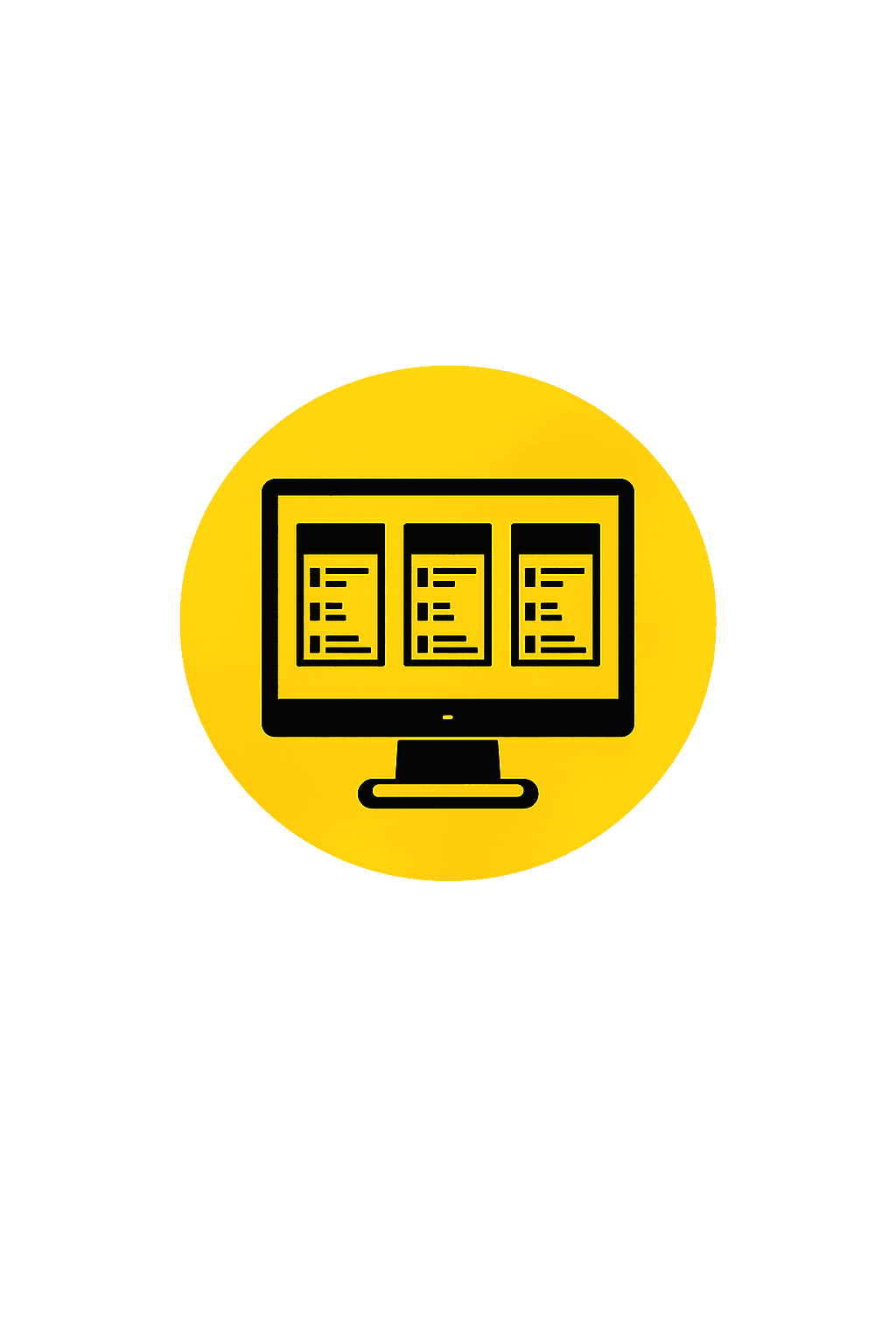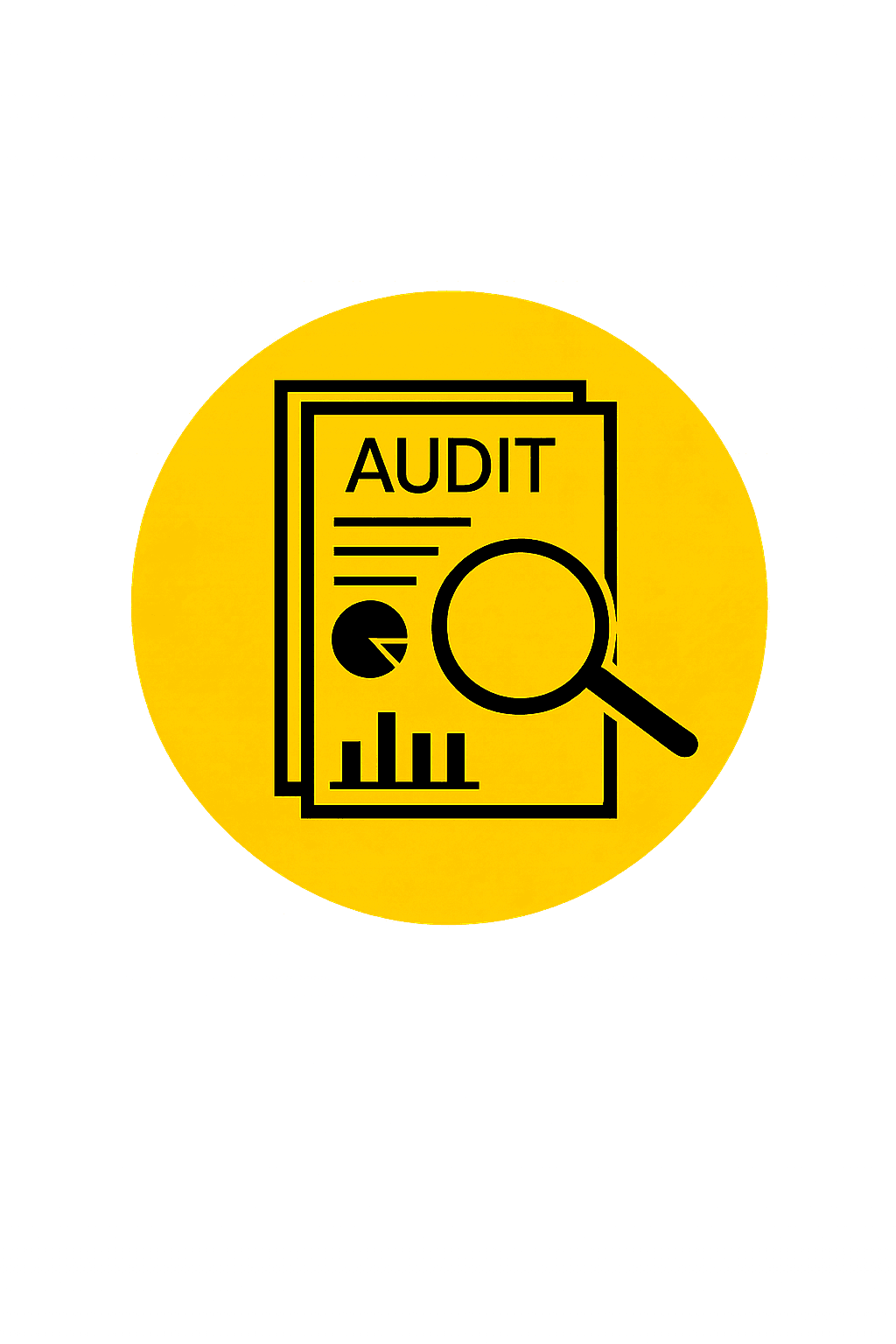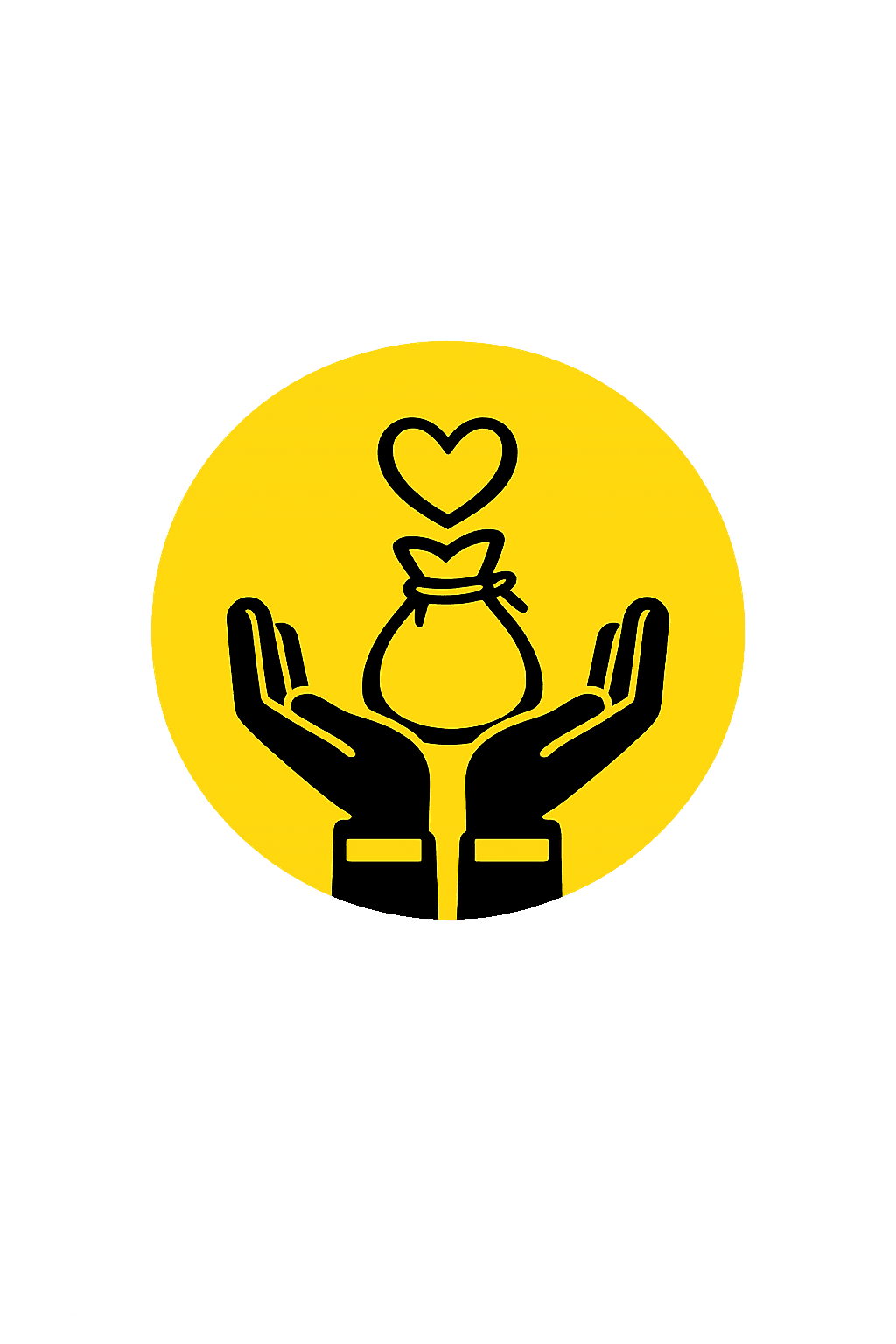A non-resident bank account is a bank account whose beneficiary is a natural person or legal entity, and who permanently resides or is registered in a foreign country.
Hence, the term ‘non-resident’ is used. It does not rely on the person’s citizenship or a company’s place of management, but rather their registered center of life or business activities.
A non-resident bank account in Serbia can be opened in whatever currency you want and can be operated just as easily.
Who can open a non-resident bank account in Serbia
A beneficiary of a non-resident bank account in Serbia can be a natural person or a legal entity, such as a company, a branch, or representative office.
Advantages of having non-resident bank accounts in Serbia
There are numerous perks of having a non-resident bank account in Serbia and they all depend on the individual or dedicated need of each natural or legal person. Briefly outlined below are benefits derived from opening a non-resident bank account in Serbia, depending on whether a non-resident is either a natural or legal person.
- The Benefits of having a non-resident bank account in Serbia for natural persons
1. Common and simple transactions
The non-resident bank account can be used for all common transactions such as receiving payments, ordering transfers, or withdrawing money.
The bank issues Visa or Master cards, which can both be used anywhere in the world. Banks usually offer only one of these cards, so it’s something you should consider before opening an account, in order to receive the type of card that is of most important to you.
2. Savings Account
Let’s say you are planning to retire in a foreign country, so you wish to keep your retirement fund safely in a foreign country. You as a non-resident can open a savings account in Serbia and this way, it will be preserved and will not depend on your obligations or activities in your country of residence.
3. A Special-purpose account
There is also the benefit of a special-purpose account which can be used if in investing in the stock market and other similar investments.
- Benefits for companies with incross-border interest and cooperation in Serbia
Assuming you have a long-term business partner in Serbia and your company requires a two-way payments or investments, having a non-resident bank account would be most convenient in handling either the payment or investment. It will save both you and your partner time and money because it will be faster you wouldn’t need to bother with the procedures of international transfers and pay a large fees for the transfer. Therefore, this would lower your costs and make the international project and business cooperation more convenient.
Besides owning a non-resident business bank account will make investment in a company’s business activity in Serbia less costly and more efficient.
- Fees for opening a non-resident bank account and transaction costs
Generally, all the banks operating under the regulations of the Republic of Serbia have lower transaction costs for international transfers. Although these transaction costs differ from bank to bank, a common example would be 0.4% or a minimum of € 5.
Also, the maintenance of a foreign currency bank account is free of charge whereas the bank fees for maintenance of an resident bank account ranges from €5-10.
How to manage a non-resident Serbian bank account
Managing your bank account can be done from anywhere in the world because the bank can issue debit cards such as Master or Visa Card, which you can use at any convenient ATM for either withdrawal or payment.
Besides, Serbian banks also offer online banking with which you can access your account at any time.
You can also transfer your money from the non-resident bank account to any other bank accounts in the world.
Opening a non-resident bank account in Serbia for natural persons
- As a non-resident, a natural person can request for opening and maintaining the bank account personally at the bank. This is especially important for people who apply for temporary residence in the country on the basis of employment. In fact, their salary is paid through this account.
It only takes a few days for the client to get approved by the bank and upon approval, you, as the client would be requested to come to the bank again to sign all of the necessary documents and collect a copy of your contracts by which your bank account will be active there on. Conveniently, It usually takes the bank a few days to issue the type of card you choose.
You can either get a Dina card (national payment card of the Republic of Serbia that is used to pay for goods and services and to withdraw cash), which is a means of payment that can be used only in Serbia, or a Master Card/ Visa card, which can be used in other countries.
- Opening non-resident bank accounts remotely: in case, a person doesn’t want or couldn’t travel with the main purpose of opening the bank account, based on a reason or another, the bank account can be opened remotely, by an attorney with the Special Power of Attorney. And in that case, the investment of your time would be minimal, and you would also be able to use the bank account quickly, without the need to travel or going to the bank.
Opening a non-resident bank account in Serbia for a business
Foreign legal bodies may open a non-resident business bank account, represented by their legal representative before the bank agent, as well as remotely. In such a case, the company’s Managing Director or legal representative, does not have to be physically present for opening the company’s non-resident business bank account.
And to open the non-resident business bank account, the client will need to go through the approval procedure at the bank; this is a procedure that consists of reviewing the company’s registration and ownership documentation, and given the fact that in this case, the bank will check the company’s data as well as the data on the natural persons who owns or represent the company, as well as the fact that the company may be only a link in the larger chain, the procedure of approval may take a bit longer compared to the approval procedure for non-resident bank of a natural person. However, it is only a matter of a few days.
Necessary documentation needed in opening a non-resident bank account in Serbia
Different banks often have different requirements regarding the issue of opening a non-resident bank account in Serbia. In some banks, the procedure will be simple and convenient, while in others the procedure will take time and the documentation required can be a little extensive.
Examples of some of the documentations required by some of the banks is outlined below:
- The company will need to present a newly issued registry act, which contains all the relevant information on the company
- The company will need to prove or to state its Ultimate Beneficial Owner (UBO: a person owns 25% or more of the business interests, shares, or voting rights) because revealing and registering the UBO is an obligation of the bank and other government institutions that provide services to the public sector, according to The Law on the Prevention of Money Laundering and the Financing of Terrorism.
The company will need to present a tax ID because some of the banks that offer the service of maintaining non-resident business accounts will open the account only for the companies that are Serbian tax residents. Namely, they require their clients to obtain a Serbian tax ID number.
Legality of having a non-resident bank account in Serbia
As a respected business owner, having a non-resident bank account is legal in Serbia. However, the repercussions are carried by the client, and they differ from country to country, depending on the regulations in each foreign state.
Moreover, whether your country will be notified of the fact that you have a non-resident account opened in Serbia. And, other information one country expects regarding the non-resident bank account’s activities depends entirely on the foreign country in question.
And as a country striving to become a member of the European Union and a member of the European Council and its Committee of Experts on the Evaluation of Anti-Money Laundering Measures and the Financing of Terrorism, the Republic of Serbia has adopted several regulations on the foreign currency transactions and international transfers among which the is the Law on the Prevention of Money Laundering and the Financing of Terrorism.
Under this Law, apart from keeping the data on their clients, the information on the bank account beneficiary and transaction activities are also kept for 10 years.
Despite the distinct requirements that can be found on the way to a non-resident bank account in Serbia, the fact is that more and more people are choosing this option because if the firmness of your business or If your private situation depend on it, getting a Serbia bank account will be necessary.
Damalion facilitates your bank account opening in Serbia. You may contact us to open your private bank account or your business bank account in Serbia.
Open a non-resident bank account in Serbia — who qualifies, required documents, remote onboarding options, clear payment flow description, sector/country risk notes, costs and typical timing.
For individuals, entrepreneurs, family offices, holding companies, SPVs and international groups • We help define scope, prepare files and coordinate with providers. Final acceptance is always a bank decision.
Last updated:What helps Serbian banks review faster?
Keep the profile simple and complete: who you are, why you need the account, and expected activity (amounts, currencies, countries, counterparties). Show clear source of funds and ownership (for companies). A tidy, consistent file reduces follow-up questions from compliance teams.
Documents banks usually request
- Valid passport/ID and recent proof of address.
- Tax residence and status (TIN). Disclose US indicia where relevant (FATCA).
- Source of funds evidence: salary, business income, dividends, capital gains, inheritance — with traceable documentation.
- For companies: certificate of incorporation, articles, recent registry extract, shareholder/UBO chart, directors/signatory powers, basic business description.
- Use case and payments overview: expected incoming/outgoing amounts, currencies, countries, counterparties (12 months).
- Certified translations or apostilles if requested by the bank.
Account types at a glance
| Topic | Personal / Wealth | Corporate |
|---|---|---|
| Use | Savings, custody, simple payments | Operations, suppliers, payroll, client receipts |
| Documents | ID, address, tax, source of funds | As personal + registration, UBO chart, signatory rules |
| Minimums | Varies by bank/tier | Ongoing fees and genuine activity |
| Timing | Faster with a complete, consistent profile | Depends on sector, geography and payment pattern |
Practical notes
- Remote onboarding: Some banks support remote identification (including video) under Serbian AML/KYC rules. Others ask for at least one in-person contact.
- Companies: Some banks ask for a Serbian tax ID for corporate accounts; others accept non-resident status with full documentation.
- Cards & e-banking: Debit cards and online banking are common; multi-currency options may be available.
- PEP/sanctions: Enhanced checks apply and extra documents may be required.
Costs and timing
- Setup, monthly account fees, payment/card fees — vary by bank and tier.
- Some banks require minimum funding for higher service tiers.
- From complete file to active account: a few days to a few weeks, depending on profile and responsiveness.
Non-resident bank account in Serbia
Frequently asked questions
1) Can a non-resident open a personal or corporate bank account in Serbia?
2) Is remote onboarding possible for non-residents?
3) Which core documents are required for individuals?
4) Which core documents are required for companies?
5) Are apostilles or certified translations needed?
6) Do banks require Serbian tax residency for corporate accounts?
7) How should “source of funds” be documented?
8) How are PEPs and sanctions risks handled?
9) Is in-person presence mandatory?
10) Are multi-currency accounts available?
11) How long does onboarding usually take?
12) Are there minimum balance or funding requirements?
13) Can banks decline without detailed reasons?
14) How are tax reporting and international exchange handled?
15) What are the main AML/CFT obligations for banks?
16) Do corporate clients need to disclose the ultimate beneficial owner (UBO)?
17) Are certain sectors considered higher risk?
18) Can foreign directors or attorneys sign on behalf of a company?
19) Are card and e-banking services offered to non-residents?
20) What internal controls should companies set for account security?
10 Best Things to do in Serbia
Maximize a tight schedule with highlights across Belgrade, Novi Sad, and national parks. Jump to map
- Belgrade Fortress (Kalemegdan) – ramparts, river views, and parkland.
- Knez Mihailova – pedestrian promenade, shops, cafes.
- Church of Saint Sava – one of the largest Orthodox churches.
- Skadarlija – bohemian quarter, live music at night.
- Novi Sad & Petrovaradin Fortress – culture hub on the Danube.
- Fruška Gora National Park – monasteries, wineries, gentle hikes.
- Uvac Special Nature Reserve – meanders, viewpoints, griffon vultures.
- Golubac Fortress – dramatic Danube stronghold at the Iron Gate.
- Niš – Skull Tower, fortress, deep history.
- Đavolja Varoš (Devil’s Town) – surreal rock formations.
10 Best Hotels in Serbia
- Square Nine Hotel, Belgrade
- SAINT TEN Hotel, Belgrade
- Hotel Moskva, Belgrade
- Metropol Palace, Belgrade
- Mama Shelter Belgrade
- Hilton Belgrade
- Hyatt Regency Belgrade
- Viceroy Kopaonik
- Courtyard by Marriott Belgrade City Center
- Prezident Hotel, Novi Sad
10 Best Restaurants in Serbia
- Tri Šešira – classic Skadarlija kafana.
- Franš – beloved Belgrade institution with a garden.
- Madera – historic fine dining by Tašmajdan Park.
- Lorenzo & Kakalamba – creative, quirky interior and menu.
- Langouste – fine dining, riverside area.
- Ambar Belgrade – modern Balkan small plates.
- Toro Latin GastroBar – Latin/Asian fusion on the river.
- Mala Fabrika Ukusa – reimagined Serbian classics.
- Miška Toplica – traditional meat specialties.
- Bela Reka – Serbian mountain cuisine, farm-to-table.

